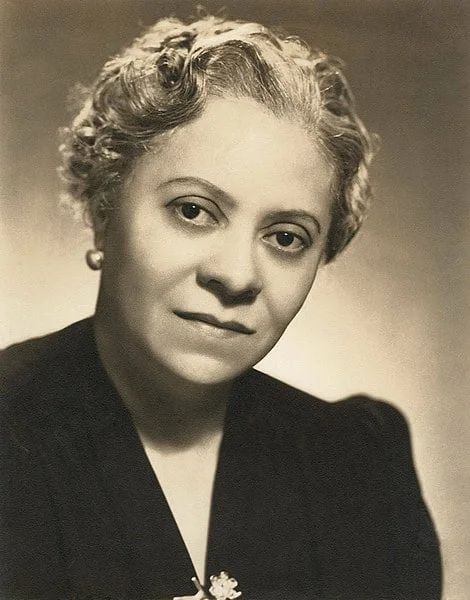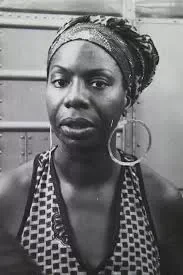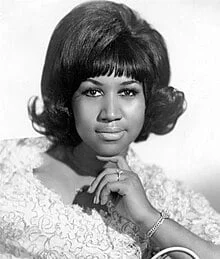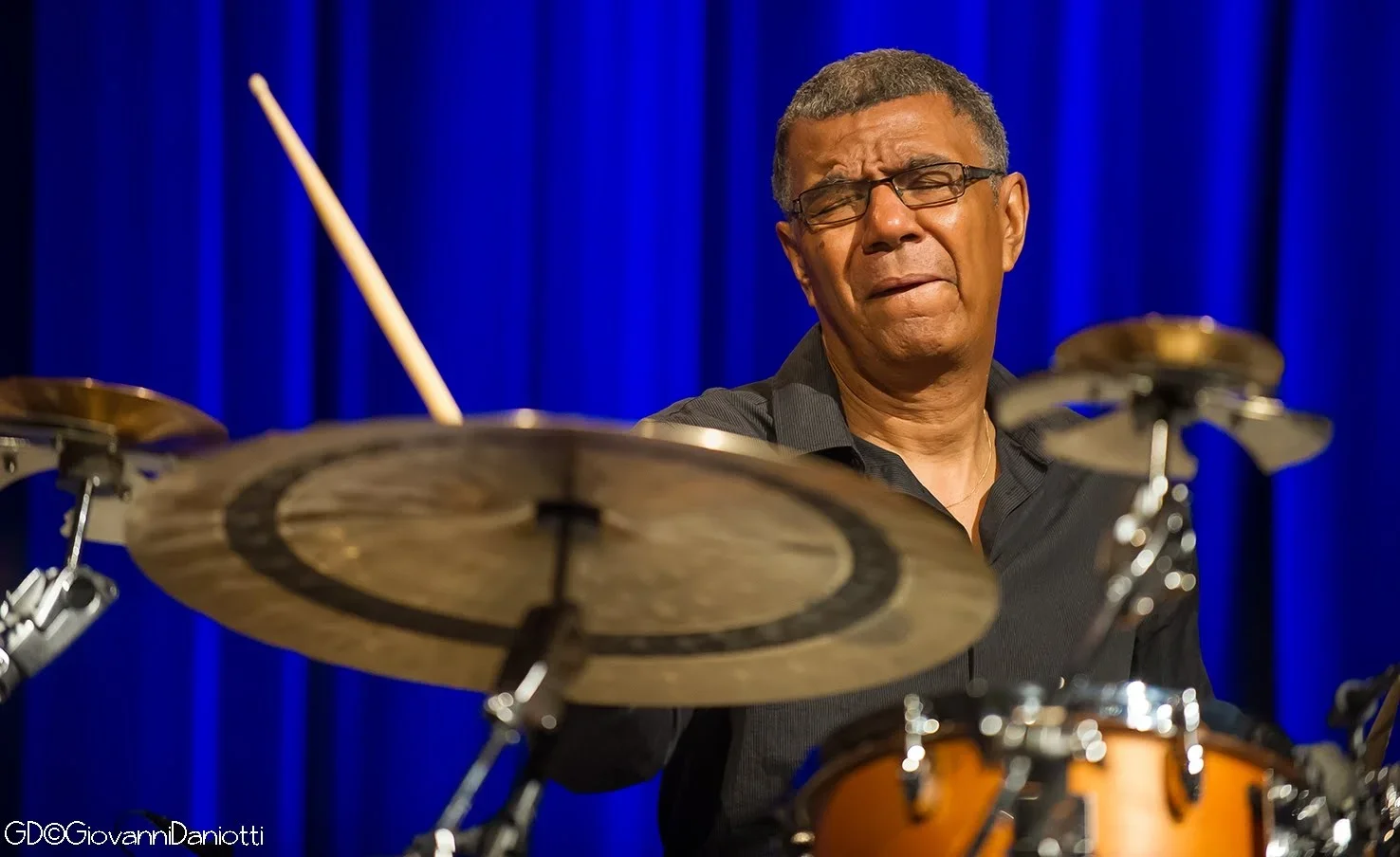Real Celebrities Never Die!
OR
Search For Past Celebrities Whose Birthday You Share

source:wikipedia.org
Florence Price
Birthday:
09 Apr, 1887
Date of Death:
03 Jun, 1953
Cause of death:
Stroke
Nationality:
American
Famous As:
Musical composer
Age at the time of death:
66
Florence Price's Quote's
Early Life and Musical Beginnings
Born on April 9, 1887, in Little Rock, Arkansas, Florence Price was not just a composer; she was a symbol of resilience. Despite the racial and gender barriers that existed at the time, she emerged as the first African American woman to gain national recognition as a symphonic composer. Price’s father, Charles Smith, was a dentist and a talented violinist who nurtured her early love for music. By the age of four, she was already composing her first pieces. Her exposure to classical music, ragtime, and spirituals gave her a unique voice that would define her work later in life.
Challenges in Education and Early Success
Despite her remarkable talent, Florence Price faced racial prejudice that limited her access to quality education. She attended segregated schools, but her determination drove her to success. She earned scholarships to prestigious institutions like the Chicago Musical College and the American Conservatory of Music. Even in the face of prejudice and isolation, Price excelled, proving her undeniable talent and perseverance.
The Move to Chicago: A Turning Point
In Chicago, Price found a thriving African American cultural scene that became the turning point of her career. Here, she composed prolifically, drawing inspiration from a variety of influences. One of her key mentors was Frederick Stock, conductor of the Chicago Symphony Orchestra. In 1933, Price achieved her breakthrough moment when her “Symphony No. 1 in E Minor” won the W.C. Handy Award. This was a monumental achievement, marking the first time a major orchestra performed a work by an African American woman. The symphony’s powerful orchestral textures and rhythmic ingenuity made a lasting impact on audiences and critics alike.
Prolific Output and Unique Style
Florence Price’s success did not stop with her first symphony. She continued to produce over 300 works, including orchestral pieces, chamber music, choral works, and solo piano compositions. Her music seamlessly blended African American spirituals, European classical forms, and even Native American influences. This unique blend resonated deeply with audiences and critics, earning her accolades and commissions from esteemed organizations.
Personal Struggles and Resilience
Price’s personal life was not without hardship. She faced two divorces and ongoing financial struggles. Despite these challenges, she remained dedicated to her music, which often carried an undercurrent of longing and resilience. Her ability to channel these emotions into her compositions made her work all the more poignant. Although Price had gained recognition, she continued to face racial and gender discrimination in the male-dominated world of classical music.
Legacy and Posthumous Recognition
Florence Price passed away on June 3, 1953, at the age of 66. Though her life ended, her legacy has endured. Her contributions to classical music have been celebrated and rediscovered, with orchestras around the world performing her works today. Price shattered racial and gender barriers, proving that talent and determination can triumph over adversity. Her music, vibrant and evocative, continues to inspire and resonate with audiences, ensuring that her voice lives on.
Conclusion: A Trailblazer in Classical Music
Florence Price’s story is one of artistic brilliance and unyielding resilience. In a world that often sought to limit her, she created music that transcended the barriers of race, gender, and class. Her compositions speak not only to her extraordinary talent but also to her profound belief in the power of music to express the human spirit. Today, her work is performed and appreciated by new generations, ensuring that her groundbreaking contributions to classical music will never be forgotten.
Name:
Florence Price
Popular Name:
Florence Price
Gender:
Female
Cause of Death:
Stroke
Spouse:
Place of Birth:
Little Rock, Arkansas, United States
Place of Death:
Chicago, Illinois, United States
Occupation / Profession:
Personality Type
Advocate: Quiet and mystical, yet very inspiring and tireless idealists. She worked for her ideals tirelessly.
Florence Price's compositions were rediscovered in the 21st century, leading to a renewed interest in her work and a greater acknowledgment of her contributions to classical music history.
Her daughter, Florence "Gogo" Price, became the first African American female pianist to graduate from the New England Conservatory of Music.
n 2009, the Arkansas Symphony Orchestra performed a concert dedicated solely to the works of Florence Price, honoring her Arkansas roots and musical legacy.
The rediscovery of Price's lost compositions in an abandoned house in Illinois in the 2000s has contributed significantly to her posthumous recognition.
From 4 to 8 January 2021, Price was the BBC Radio 3 Composer of the Week.
In 1964, the Chicago Public Schools opened Florence B. Price Elementary School
She was the first African American Woman Symphony Composer.









